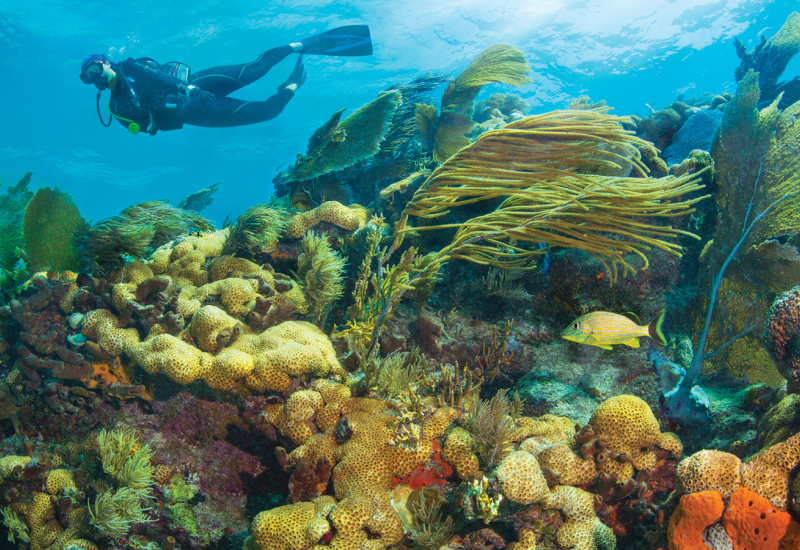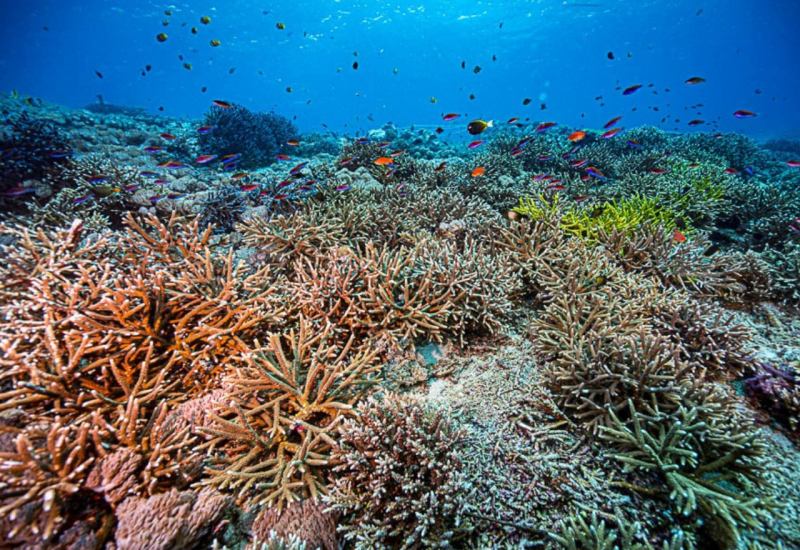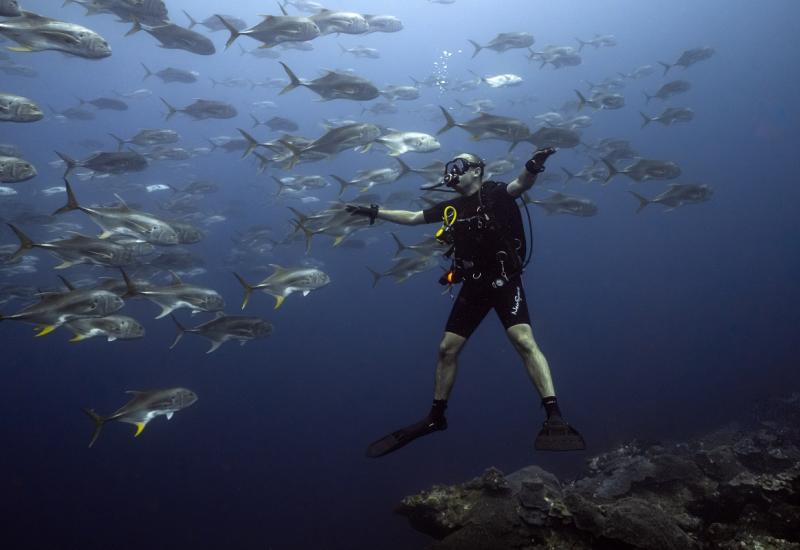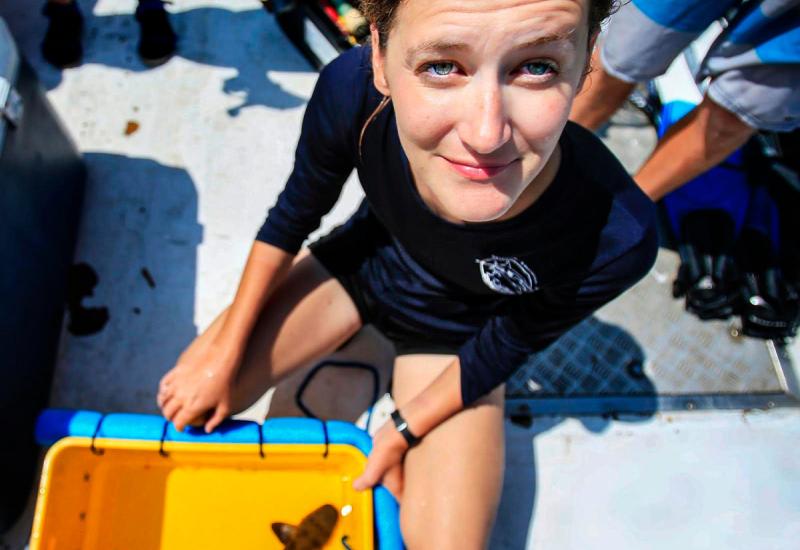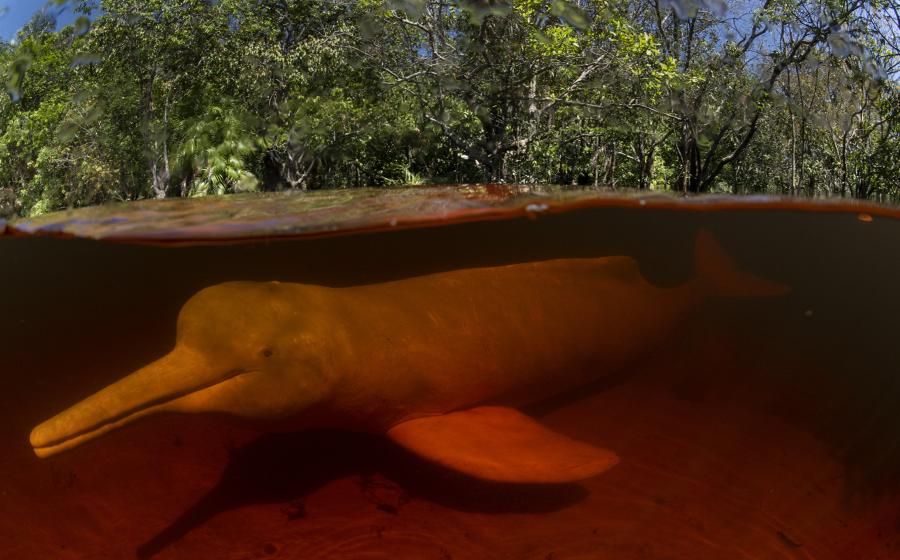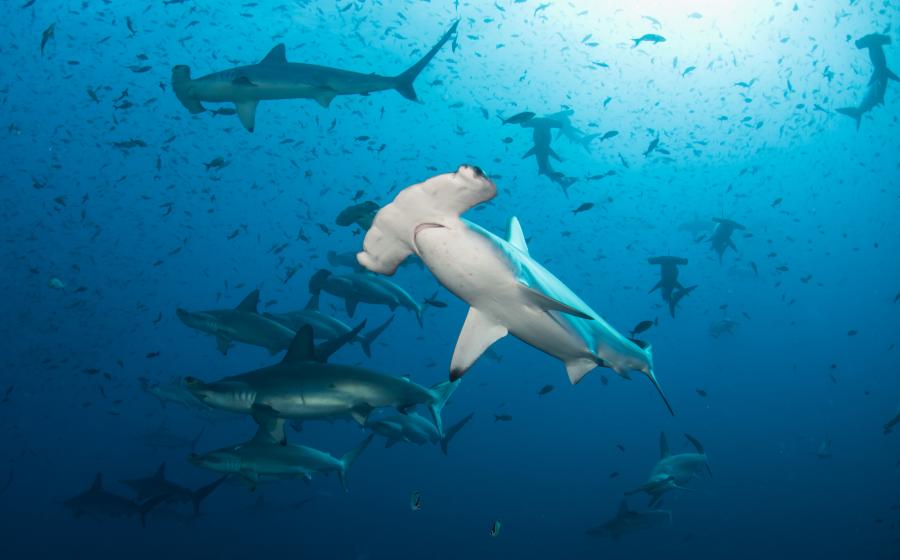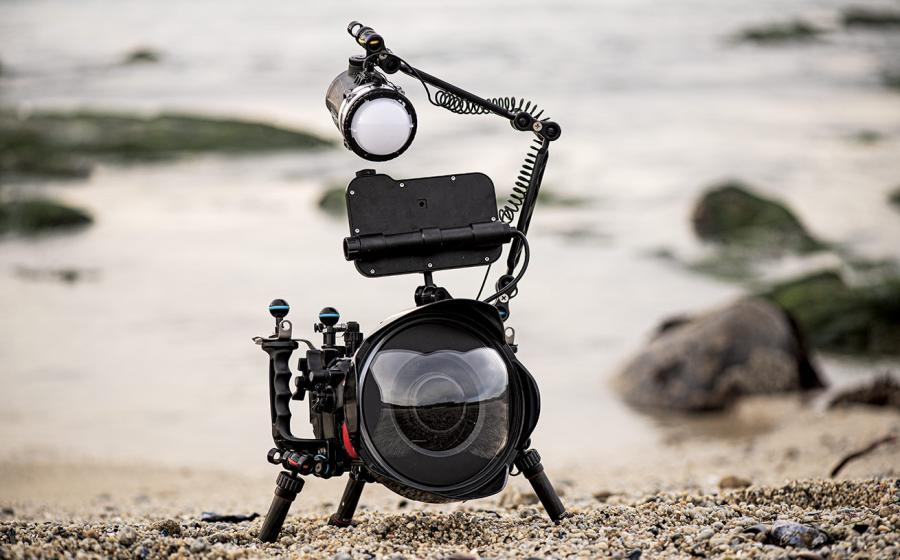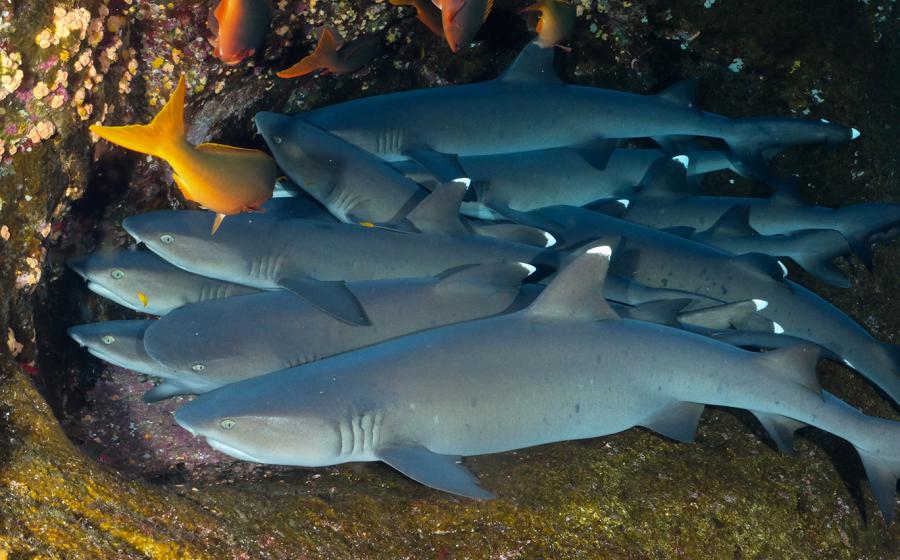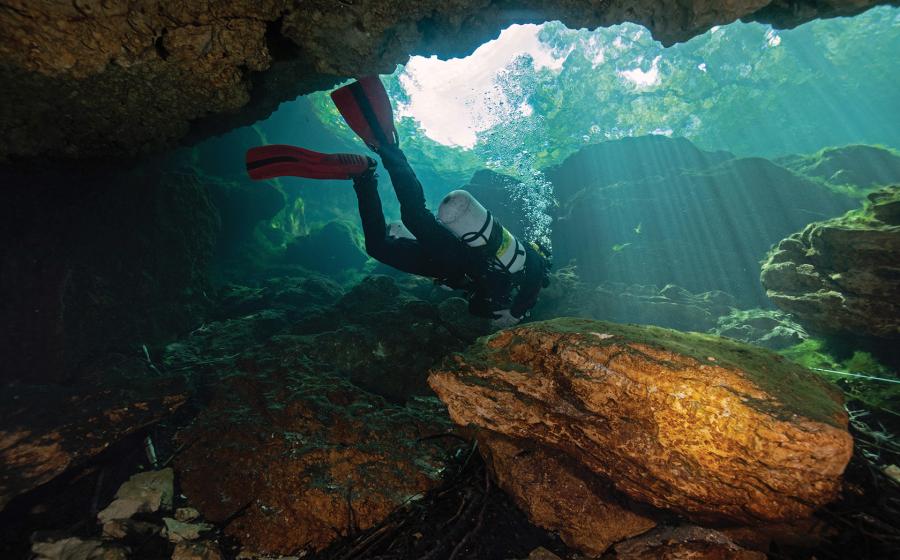Protecting Migratory Species with Project AWARE
CMS COP13 (Conservation of Migratory Species Conference) held this month in India brought together countries, partners and scientific experts in a bid to address the alarming decline of migratory species, including birds, aquatic species and terrestrial animals.
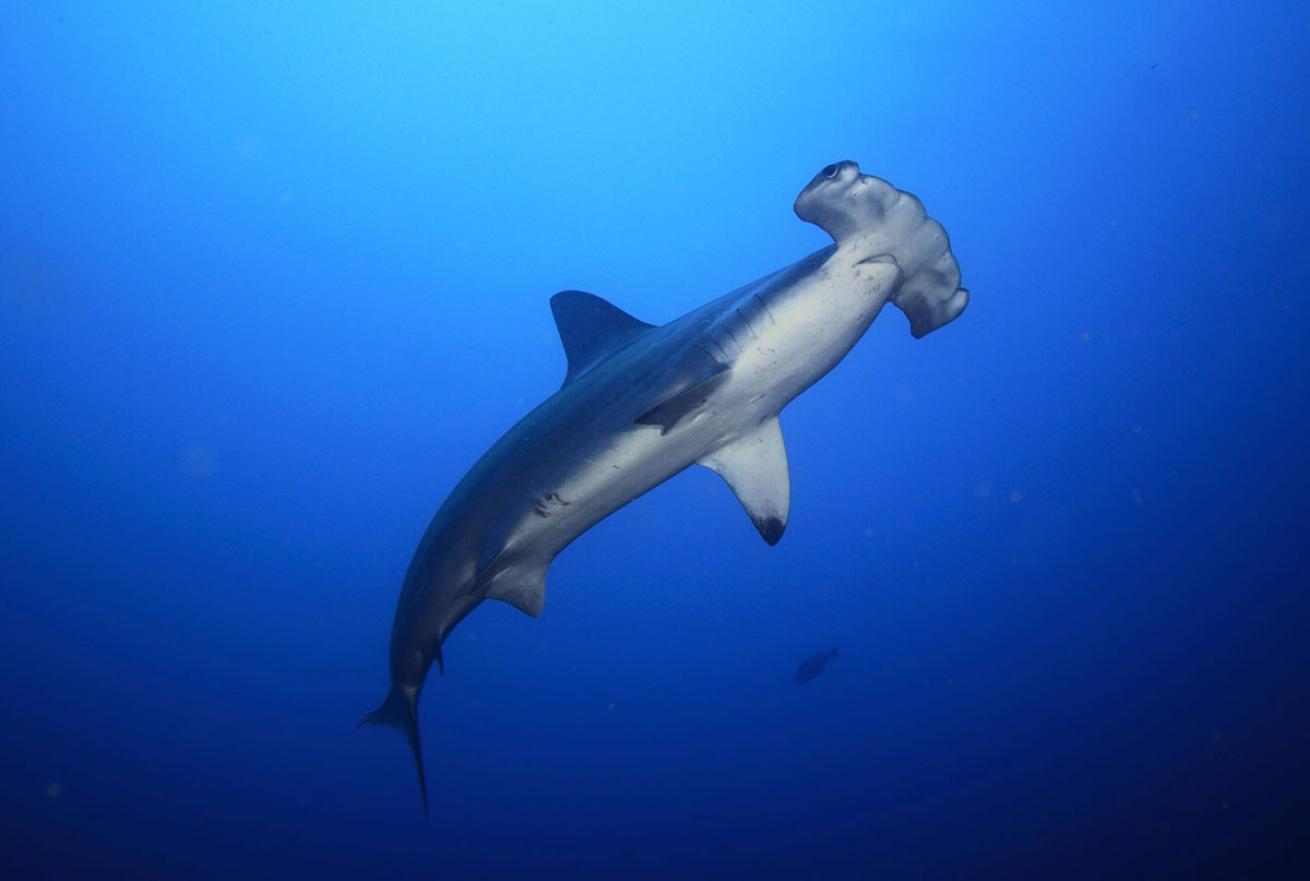
Project AWARE/iStock PhotoInternational cooperation is vital to ensure migratory marine species survive, like the smooth hammerhead.
CMS, also known as the Bonn Convention, is the only United Nations treaty that addresses migratory species and their habitats. The theme of CMS COP13, "Migratory species connect the planet and together we welcome them home“ underscores the importance of collective action to protect such species, as well as the way that migratory species connect places, nations, and people.
Why Do We Need to Protect Migratory Species?
Migratory species face a number of threats, including habitat loss and degradation, bycatch, pollution, poisoning, poaching, and collisions with wind turbines and power lines. Specific task forces and initiatives have been established under the Bonn Convention to address these issues. CMS considers additional actions on the most pressing threats.
CMS CoP13 for Marine Species
Many marine species, including sharks and rays, travel great distances, often crossing national boundaries. International cooperation is vital to ensure their survival. The outcomes we hope for at CMS COP13 include negotiated resolutions and decisions, political commitments, and new initiatives, as well as protection under CMS Appendices for the following shark species:
● Oceanic White-Tip
● Smooth Hammerhead
● Tope Shark
The CMS CoP13 priority conservation measures proposed by the IUCN Shark Specialist Group suggest developing a Global Rhino Ray Action Plan. It covers Sawfish, Wedgefish, Common Guitarfish, Giant Guitarfish and Banjo Rays. Furthermore, the designation of no-take zones, the prohibition of certain fishing gear and reducing the demand for shark and ray fins, are proposed to prevent the extinction of the Bottlenose Wedgefish.
Cross-Cutting Issues
Several cross-cutting issues all also addressed, including plastic pollution. CMS Parties are encouraged to conduct further research on the impact of plastic pollution on freshwater and terrestrial CMS-listed species in support of internationally agreed policies.
CMS COP13 kicks off a ‘super year’ for biodiversity, which will culminate in the adoption of a new global biodiversity framework in October in Kunming, China during the 15th United Nations Biodiversity Conference.

